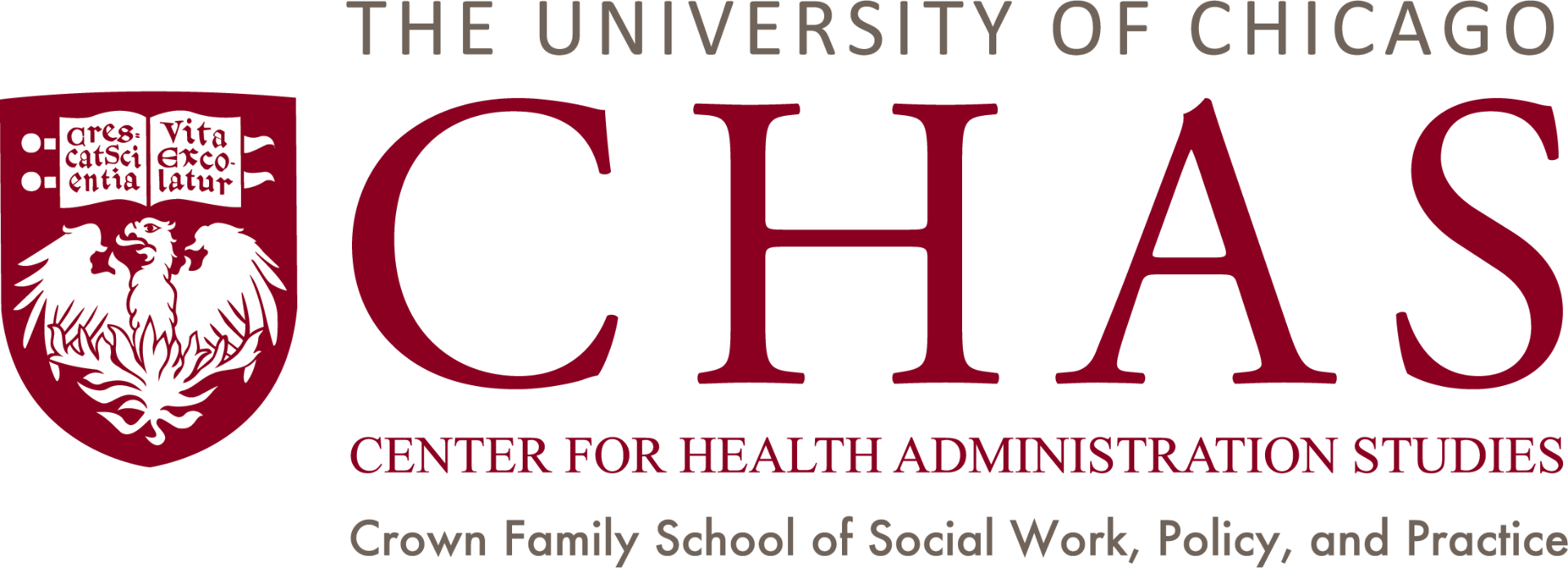 Abstract: Given the magnitude of the public health challenge posed by opioid use disorders, Dr. Harold Pollack and Dr. Jeanne Marsh will use Medicaid claims data to compare the quality and cost of care for patients with diagnosed substance use disorders by different health care settings. The study will use Medicaid claims data to compare quality and cost of treatments for those seen at integrated primary and behavioral health care given at health centers, specialty substance use disorder (SUD) treatment providers, and physician offices. Authors will focus on retention in outpatient care, continued engagement in physical and mental health care, and reduced rates of concurrent opioid medication prescribed to patients at risk of substance use disorder. The team leading this study has a long expert history on quality and cost of treatment used for opioid dependence. Dr. Pollack brings experience with large-sample patient and provider-level national data sets in SUD services, Dr. Marsh brings extensive experience in the analysis of integration of health and social services with SUD treatment and Dr. Laiteerapong brings clinical and survey research expertise in health center-provided integrated care.
Abstract: Given the magnitude of the public health challenge posed by opioid use disorders, Dr. Harold Pollack and Dr. Jeanne Marsh will use Medicaid claims data to compare the quality and cost of care for patients with diagnosed substance use disorders by different health care settings. The study will use Medicaid claims data to compare quality and cost of treatments for those seen at integrated primary and behavioral health care given at health centers, specialty substance use disorder (SUD) treatment providers, and physician offices. Authors will focus on retention in outpatient care, continued engagement in physical and mental health care, and reduced rates of concurrent opioid medication prescribed to patients at risk of substance use disorder. The team leading this study has a long expert history on quality and cost of treatment used for opioid dependence. Dr. Pollack brings experience with large-sample patient and provider-level national data sets in SUD services, Dr. Marsh brings extensive experience in the analysis of integration of health and social services with SUD treatment and Dr. Laiteerapong brings clinical and survey research expertise in health center-provided integrated care.
Associate Authors: Dr. Jeanne Marsh, George Herbert Jones Distinguished Service Professor; Dr. Laiteerapong, Assistant Professor of Medicine at UChicago Medicine, Associate Director at the Center for Chronic Disease Research and Policy; Dr. Harold Pollack, Helen Ross Professor at the University of Chicago School of Social Service Administration, Affiliate Professor in the Biological Sciences Collegiate Division and the Department of Public Health Sciences, Co-Director of The University of Chicago Crime Lab and a committee member of the Center for Health Administration Studies (CHAS).
The Medicaid Working Group at the University of Chicago is among the first to use a national panel of MAX files to assess program-wide performance and disease prevalence both at a single point in time and over several years. The working group’s findings have and will continue to allow state Medicaid programs and federal policymakers to understand how shifts in the external policy environment are impacting the care of Medicaid beneficiaries, and will additionally facilitate efforts to identify opportunities to improve the coordination of resources for the growing Medicaid population.
